“I don’t know that anything has given me greater or purer joy this year”
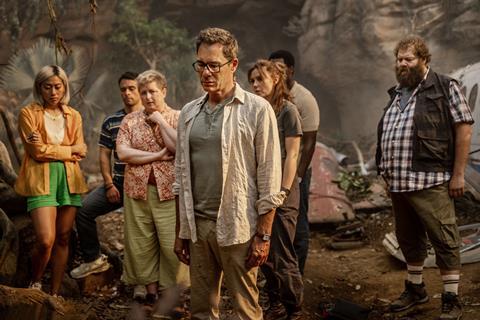
“I don’t know that anything has given me greater or purer joy this year. Nine Bodies in a Mexican Morgue is unabashed nonsense, without a trace of cynicism or guile in a world stuffed to bursting with both. I offer my undying allegiance to its Agatha Christie-meets-Lost shenanigans.”
Lucy Mangan, The Guardian
“Anthony Horowitz’s thriller is reasonably entertaining. And it is interesting, structurally, that it chooses to tell us from the outset that nine of the ten people on board that plane en route to Texas went on to die. So we watch the survivors squabbling over paltry supplies of water and food, knowing that nearly all of them will snuff it. The trouble is that at no point do you feel remotely convinced that this is the Mexican wilderness. The set looks like it could be inside a windowless studio in Peckham and the trees have a plasticky look.”
Carol Midgley, The Times
The Disappearance of Jay Slater, Channel 4
The film is made with the co-operation of his family and is a moving testament to the dead teen’s memory. But it is also a plea from his loved ones for the amateur sleuths and TikTokkers who have made their loss so much more painful to please leave them alone. It is depressing that such a straightforward account of his death even needs to be made. Yet such was the outpouring of misinformation after Slater went missing in June 2024 that it is necessary to set the record straight.”
Ed Power, The i
“The Disappearance of Jay Slater, a documentary very much made in the classic true-crime format, is the moving story of what turned out to be a terrible, tragic death – but one that leaves us with one unresolved question, regarding the programme itself. Namely, why did Channel 4 ever make it, when, as the show demonstrates, the disappearance of Slater has nothing to do with any crime, was so recent as to be still fresh in the mind, and is not a mystery anyway?”
Sean O’Grady, The Independent
“The documentary is messy, unfocused and fails to do justice to either strand of the narrative. It seems unable to decide what it wants to be.”
Lucy Mangan, The Guardian










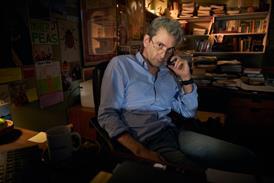

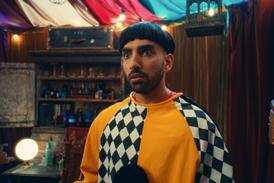




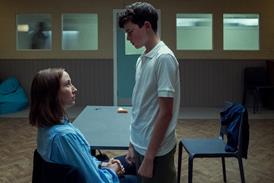
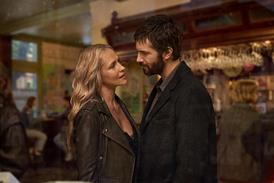

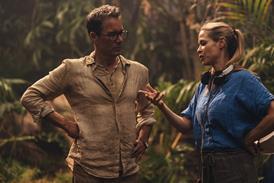








No comments yet